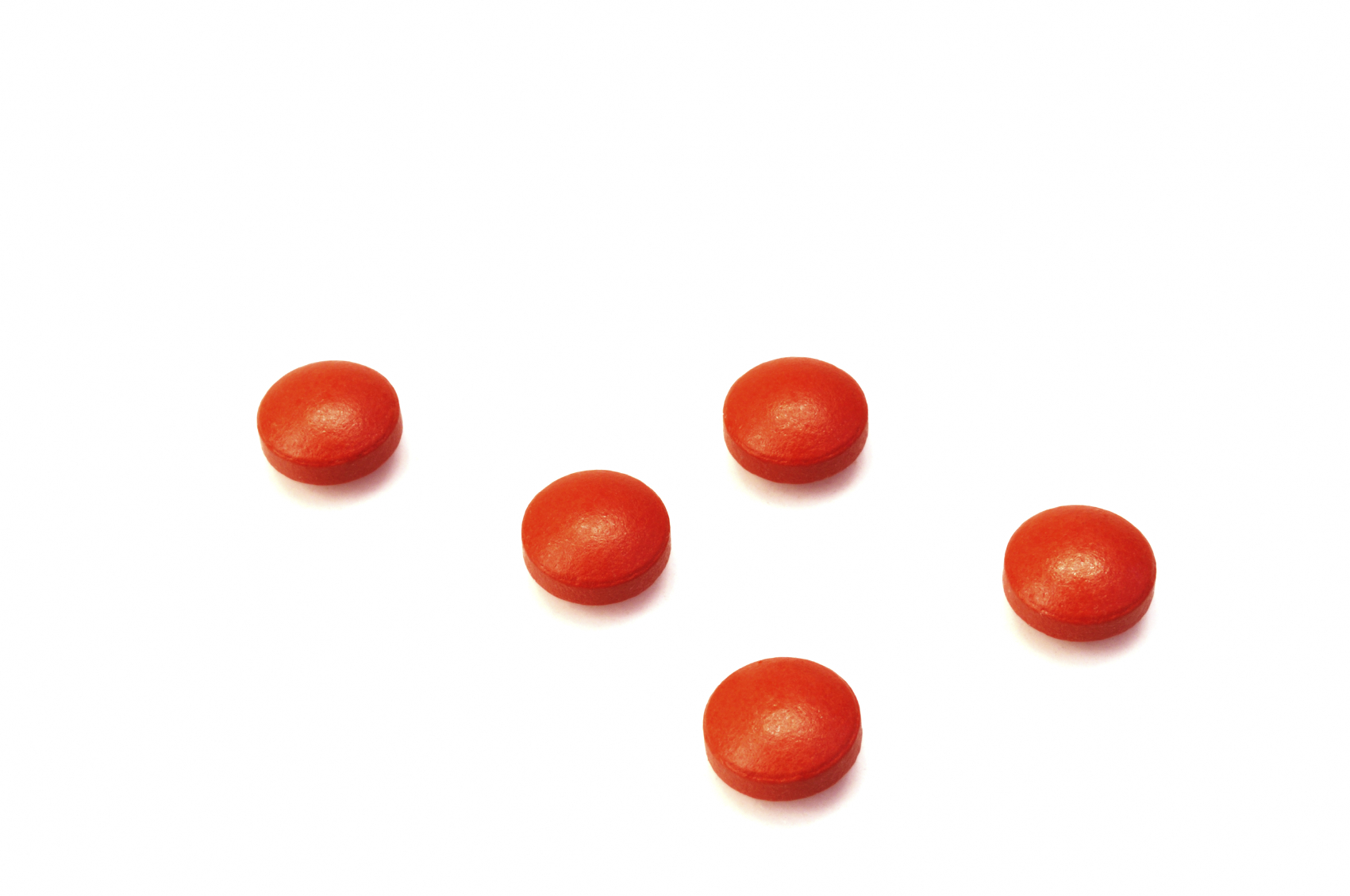More bad news for the NSAID crowd…
A new study from Denmark reveals yet another danger to taking COX-2 inhibitors (C2Is)…
Their goal is to target and stop the inflammation the COX-2 enzyme causes. They’re mainly for arthritis pain. These are more powerful than your standard NSAID. You need a prescription to get one… And doctors are happy to give them out.
But that could be a deadly mistake…
Researchers at Aarhus University Hospital saw medical data from over 100,000 people. Each subject had a first stroke between 2004 and 2012. Then the team looked at C2I use. This included specific drugs and length of use.
They found that people currently on C2Is were 19% more likely to die after a stroke… But it gets worse. New C2I users were at nearly 50% greater risk to die from a stroke than non-users.
Worst of all, patients taking one specific C2I—etodolac—were 53% more likely to die from stroke.1
Yet the study found no link between non-selective NSAIDS and stroke death… It means that regular NSAIDs, though they can cause stomach ulcers, internal bleeding, and heart attacks, won’t raise your stroke risk. But C2Is, in addition to general NSAID concerns—like liver damage—have their own unique health threats.
Of course the medical community knows how dangerous these drugs are… Newer C2Is have a hard time making it to market. They have an even harder time staying there. But the older ones—the ones with the most money behind them—somehow stick around. The researchers say that if you have any sort of existing stroke risk, your doctor should not even consider prescribing these drugs.
According to Dr. Morten Schmidt, “While newer versions of these C2Is have been pulled off the shelves, older ones are still frequently prescribed. Our study provides further important evidence solidifying the risks of certain arthritic pain relievers and death from stroke.”2
This isn’t the first time these drugs have been linked to major health threats… Things like heart attack and strokes.3 The good news is that there are natural ways to help lower inflammation—and your stroke risk.
Getting more protein from wild-caught salmon can help lower your chances of having a stroke by about 20%. And the omega-3 fatty acids help keep inflammation under control.
Another way is to eat more organic fruits and vegetables. One study found that every 200 mg of fruits and vegetables you eat in a day may lower stroke risk by up to 32% and 11% respectively. Best of all, you can get this effect at any age.4
Even better, adding high intensity interval training (HIIT) to your workouts might make you over 60% less likely to suffer a stroke.5 Not bad for 20 minutes of total exercise per session.
These are all natural and effective ways to lower inflammation—and stroke risk—without relying on C2Is. But these aren’t the only drugs on the market that could be putting your health—even your life—on the line…
That’s why we put together a special report for you… The Top 10 Dangerous Pharmaceutical Drugs—And Their Natural Alternatives. It’s an important read for you and your family. Why? Because with the millions of Americans taking these deadly pills, there’s a good chance someone you love is endangering his or her life… Without knowing it.
You’ll discover a plant extract that works as well as antidepressants—but none of the horrible side effects… A common nutrient that 23 studies have shown decreases blood pressure… An antioxidant found in beer that relieves joint pain and promotes relaxation… And we’re just getting started.
Learn all the details HERE.
Like this Article? Forward this article here or Share on Facebook.
References:
1http://www.medicalnewstoday.com/articles/284913.php
2Idem
3http://www.news-medical.net/news/2006/12/02/21158.aspx
4http://newsroom.heart.org/news/eating-more-fruits-vegetables-may-cut-stroke-risk-worldwide
5http://www.medicalnewstoday.com/releases/171914.php

